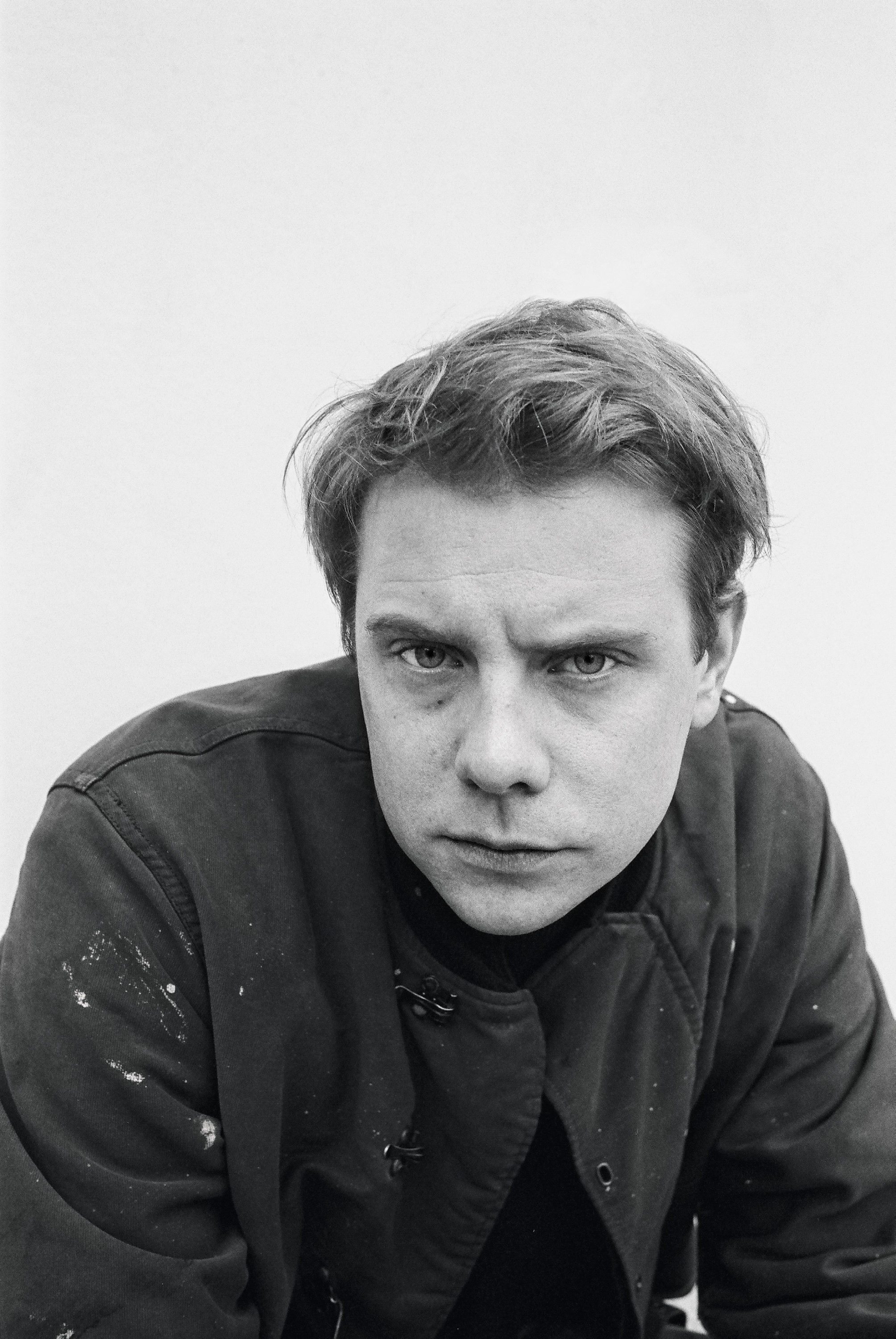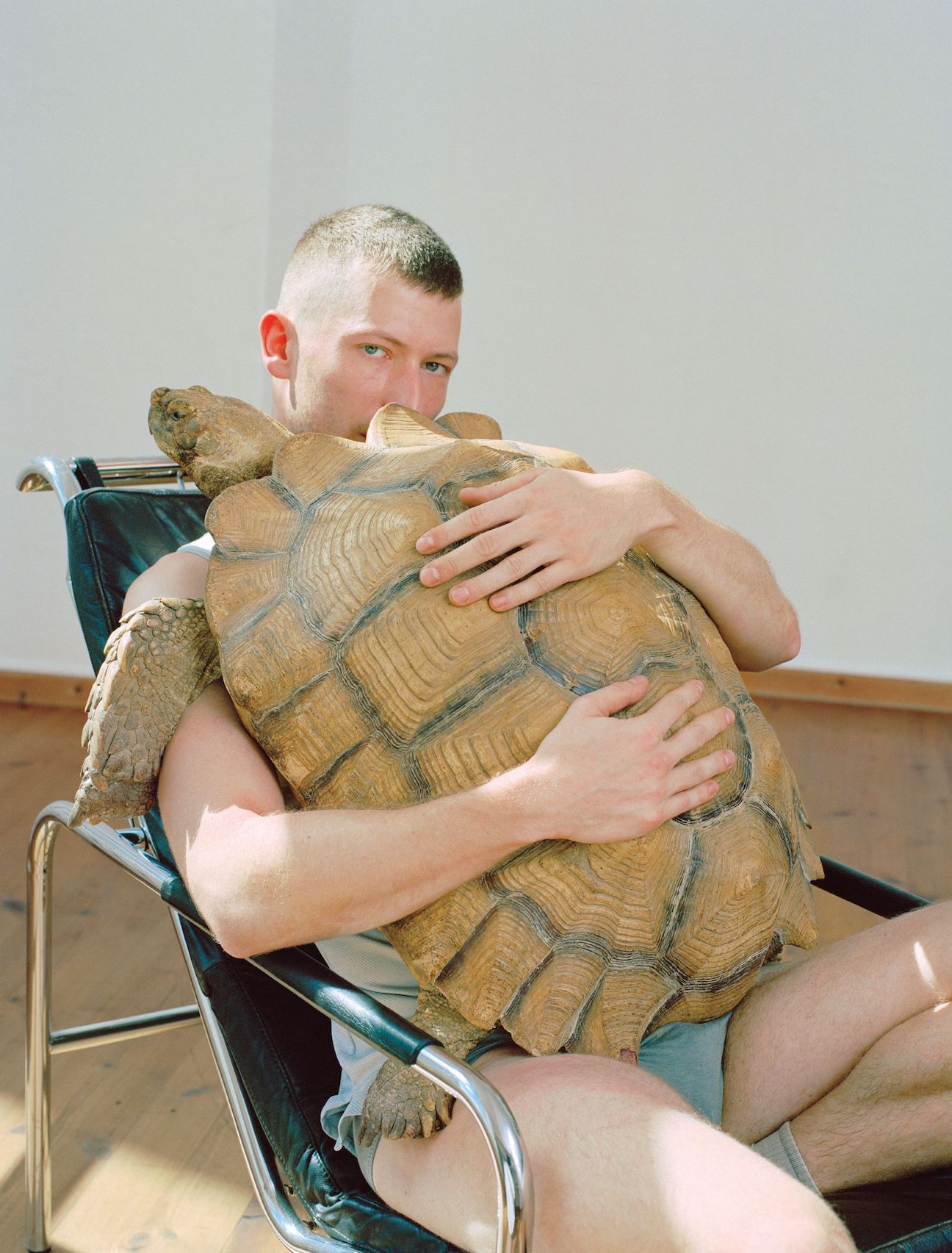Menswear Metaphysics: GRACE WALES BONNER’s Bejeweled Visions
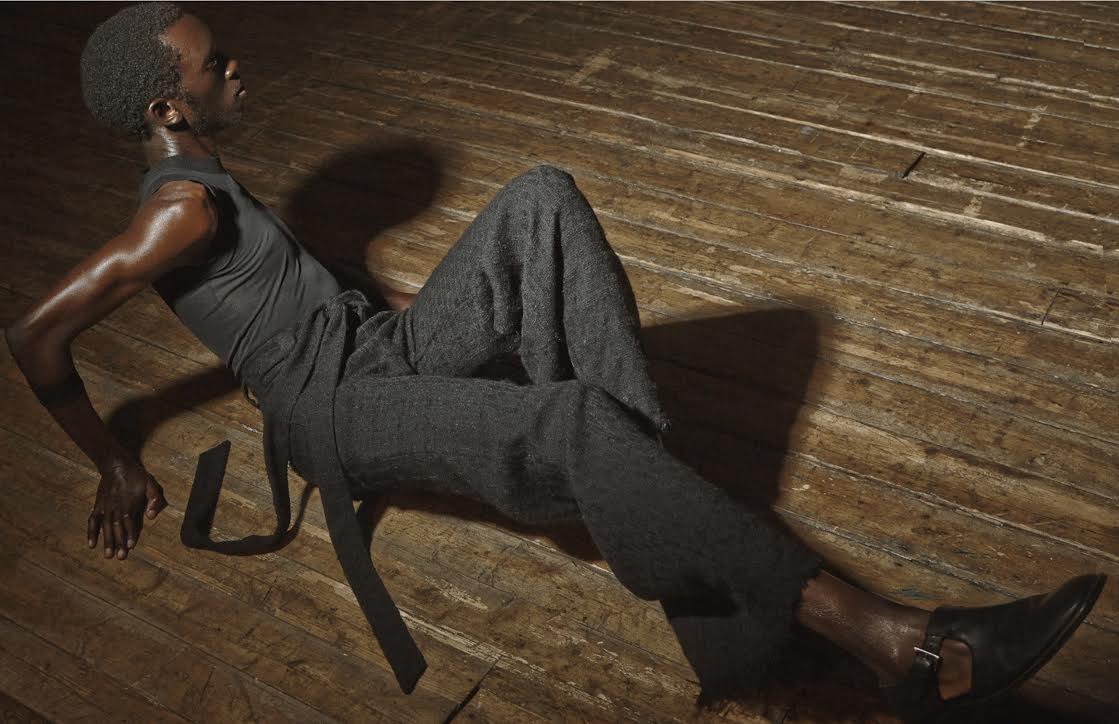
At the start of a new calendar year, the collective yearning for mystical and astrological assurance that has recently reappeared in our cultural consciousness takes form at the crossroads of art and fashion in Grace Wales Bonner’s “A Time for New Dreams,” newly opened at the Serpentine Gallery in London. On view until February 16, the designer’s trans-disciplinary exhibition is a shrine to non-wired connectivity, highlighting carefully researched spiritual traditions to create a zone immune to the exigencies of time. And where does time collapse more quickly than in fashion? It’s a dislocation Wales Bonner reflected on in a 2014 interview with 032c.com – republished below.
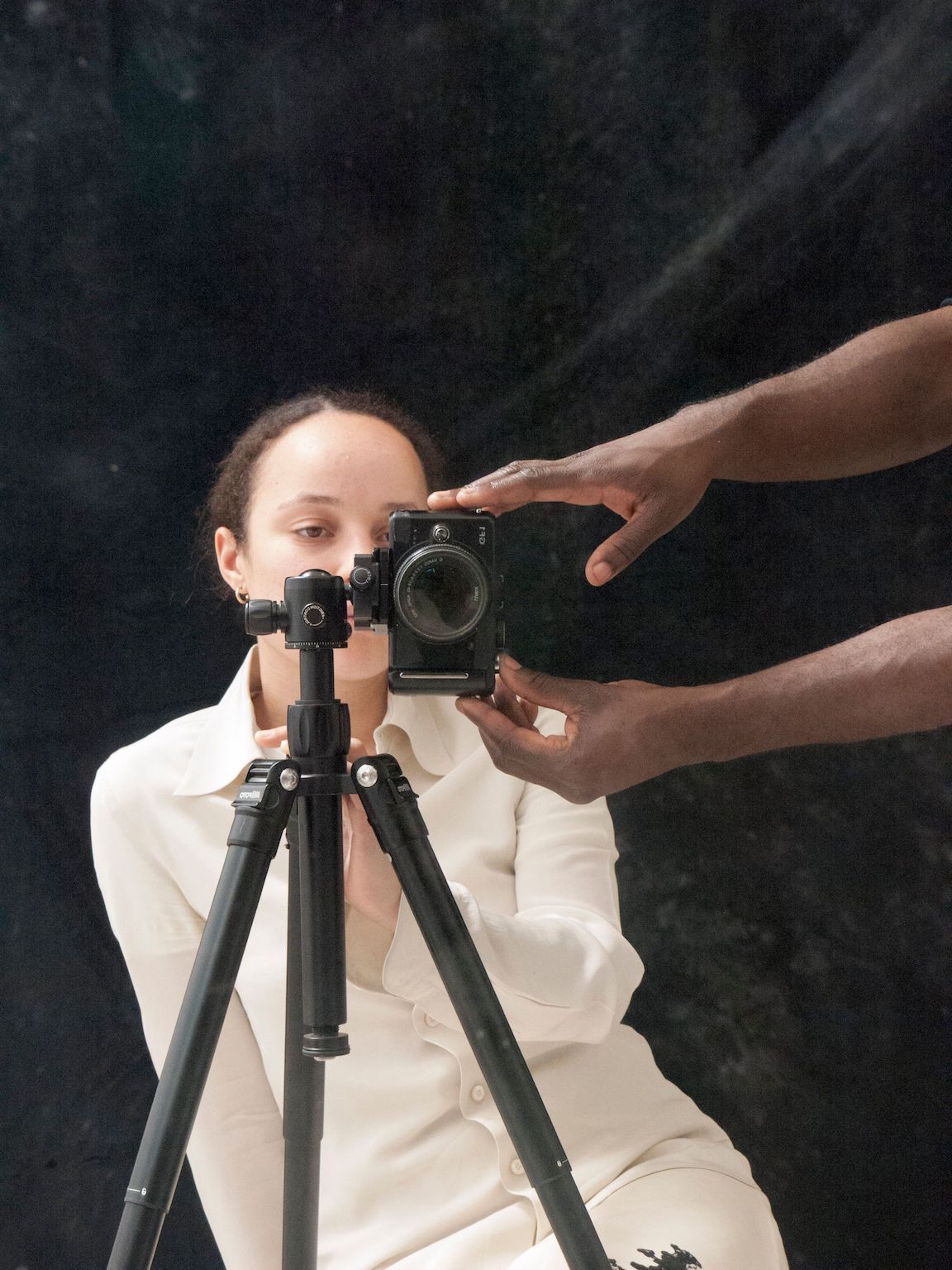
GRACE WALES BONNER is a young British menswear designer and recent graduate of London’s Central Saint Martins whose BA collection won her the L’Oréal Professionnel Talent Award following the show. A thoroughly-researched blend of 70s Nigerian flair and western decadence, her designs eschew the gender binary and create a new vision for a fluid present while alluding to the past. 032c commissioned an editorial with the designer, featuring photography by Brett Lloyd and an accompanying mix by PC Music’s Finn Diesel.
You’ve gotten a lot of attention since debuting your line. How do you deal with the pressure to keep up with the hype cycle?
The speed makes me anxious. If something is being produced too quickly, there has been no time to think about the idea, which I find quite problematic. Good things take time.
This collection was accompanied by your 10,000 word dissertation for CSM, which is quite a departure from the typical press release. How important is it for you to develop a critical framework around the collections your designing?
I think the subject matter I am dealing with has to be approached sensitively. I want to come from an informed position. I aim to interpret or work through critical arguments around representation through the images I create, so in some ways the outcome becomes a translation of the different narratives I engage with in the research process.
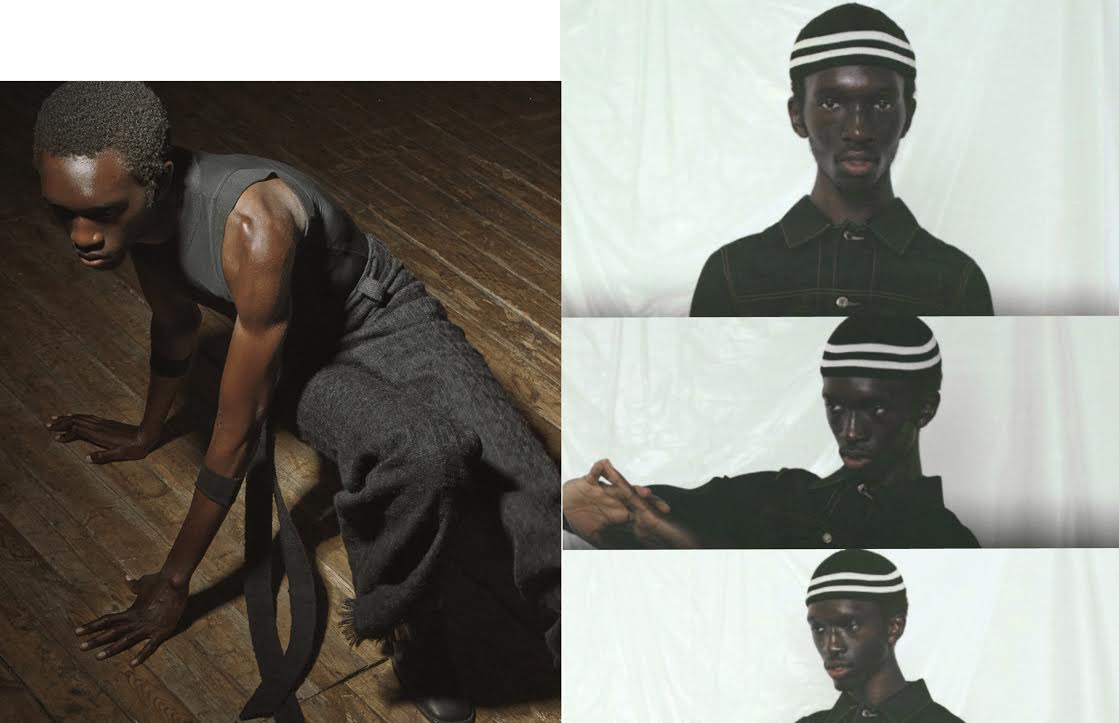
Do you think fashion is lacking an academic aspect?
I don’t know if fashion needs to be or should be academic. I think it can be purely aesthetic and I am into things being just beautiful. In fact that’s probably better. As a reference point I am looking at black culture, so it’s vital for me to have some understanding of the critical history. I am so inspired by this evolution, and the artists, thinkers, and musicians who allow me to have this position of creative freedom, so I feel I must take some responsibility for what I am trying to say and how that relates to the story. Beyond fashion, I want to be part of this conversation.
Do you feel like you have to continue on a similar trajectory to your first collection?
I want next season to be an extension of my first collection, but to go deeper into exploring the history of black representation and engaging with my position within this framework.
I hope with each collection I can build upon the foundations I laid out with my graduate collection. I often start sentences in the middle, as if people already understand the context and I guess that’s how I’d like to approach it, assuming you already know.
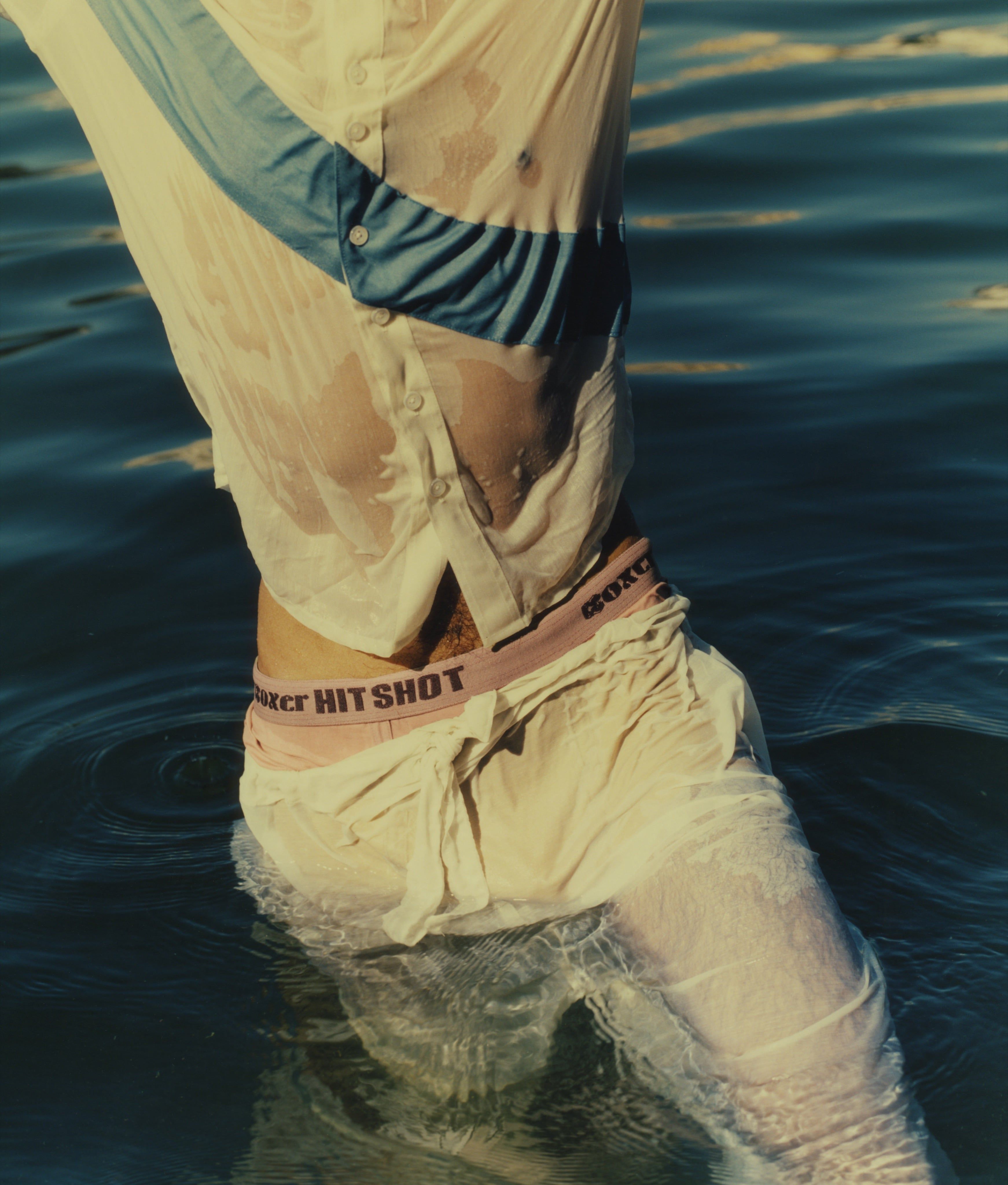
Have you been to Nigeria, or was this purely a research-based project?
I traveled around Ghana, which is where I became more interested in African literature and really fell in love with a way of living and seeing. For me it was also tied up with trying to understand my own heritage, as being half Jamaican and not really being able to trace further than that, the connection to Africa is often quite ambiguous.
Nigeria is frequently billed as “the next luxury market,” but the first to the market are always the multinational brands like Zegna or Boss, which leave little room for regional influences. Do you think that taking such specific regional references as you have could inhibit your ability to reach a broad audience?
I was talking about this the other day with a friend from the Gambia who said that I had an advantage because Nigerians don’t see Nigerian designers as being sophisticated. But I guess that is the same with many markets, our idea about “luxury” is often something that is other to us.
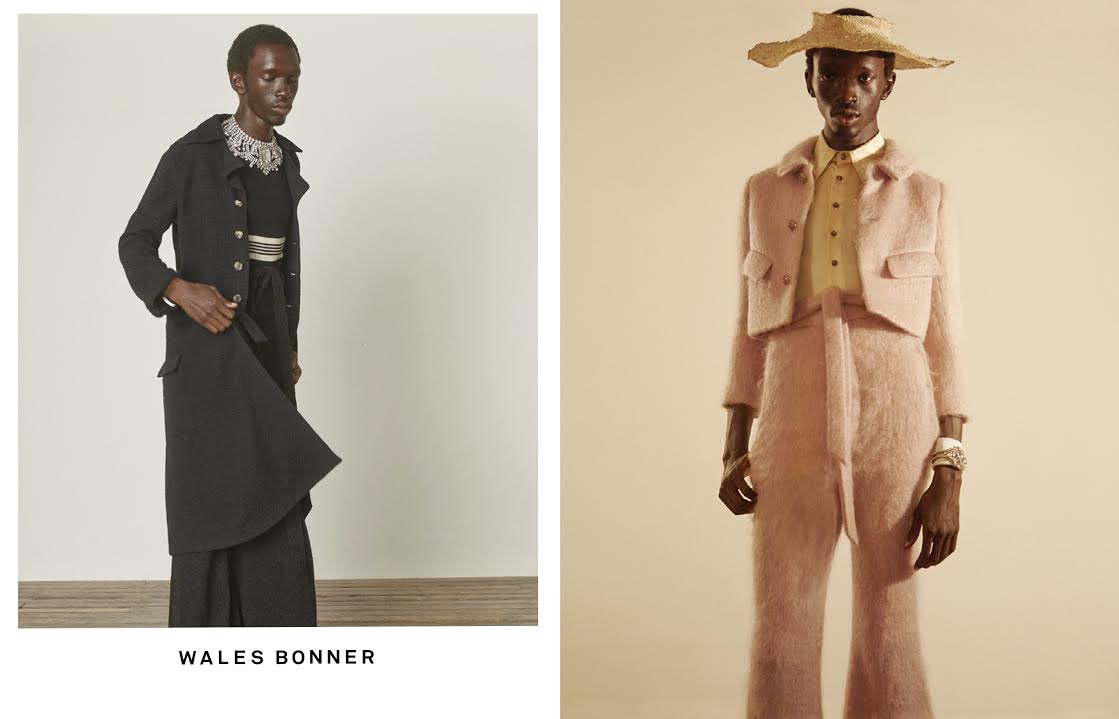
Has there been an interest in your clothes from buyers in Nigeria?
I would love my clothes to be worn there. As much as it may be a specific historical moment, a lot of my references are coming directly from Nigerian and Ghanaian music and culture now. It’s coming from a real, immediate place and I want it to be true to that inspiration. I’ve had some Nigerian buyers this season which really excites me as I read that as them understanding and finding something authentic in what I am doing. But I’m also as excited about women, or people from all over the world wearing my clothes as then these ideas can begin to find new meanings. I hope that each collection adds to the conversation about black representation. I am just trying be as true to my intuition as I can be within my means.
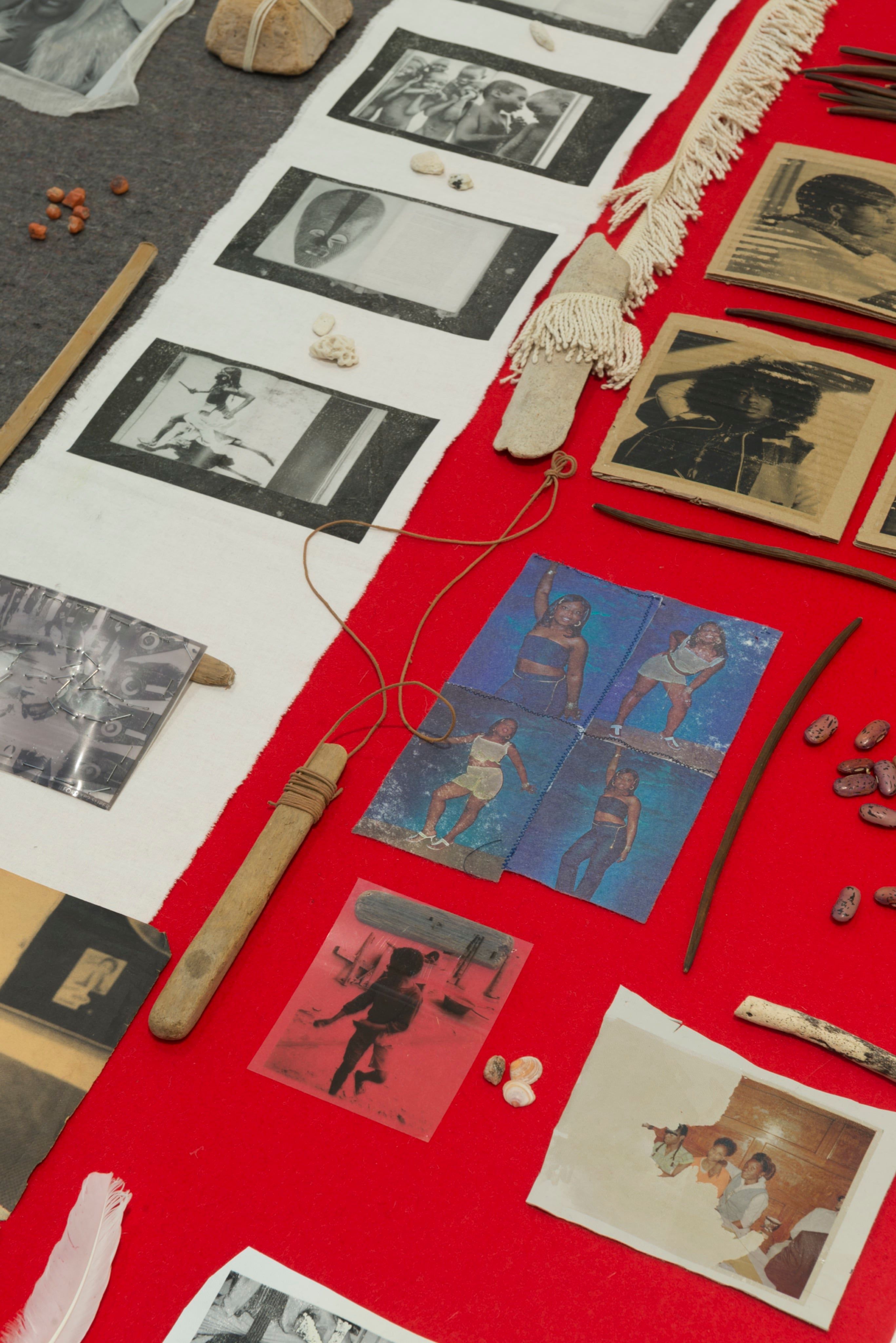
Credits
- Clothing: Afrique by Wales Bonner
- Styling: Tom Guinness
- Photography: Brett Lloyd
- Layout: Julia Wagner
- Afrique Soundtrack: Finn Diesel
